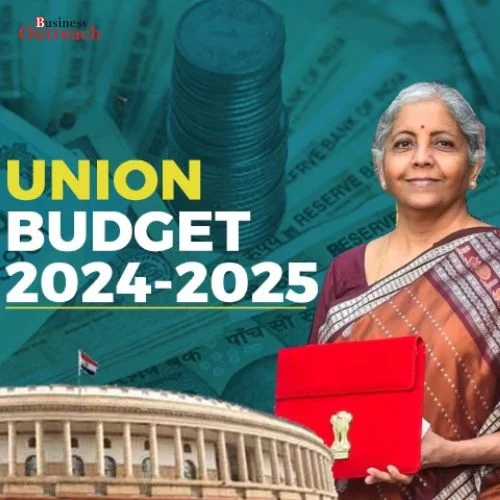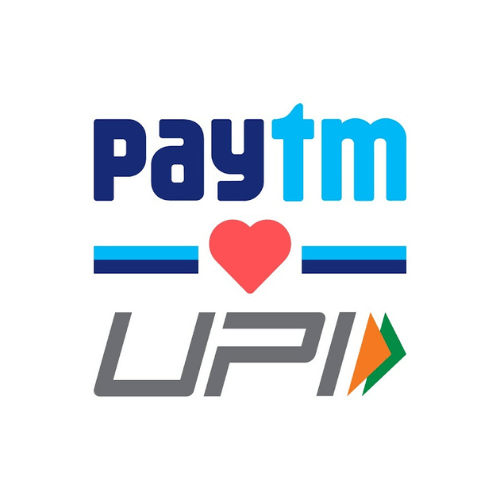The Bharat Bill Pay platform will now be available to a wide range of individuals and businesses who can benefit from transparent payments, quick access to funds, and increased efficiencies.
Announcing the monetary policy decision on Wednesday, Governor Shakticanta Das of the Reserve Bank of India (RBI) said the scope of the Bharat Bill Settlement System (BBPS) would be expanded to include non-regular bills and other types of single payments.
Currently, Bharat Bill Pay only accepts recurring invoice payments to merchants. This limits usage for both digital payment customers and billing customers, as individual faucets cannot accept payments.
“It (BBPS) also does not cater to bill payments or collections such as payments of fees for professional services, education fees, tax payments, rent collections, etc, for individuals even if those are of recurring nature,” expressed the Reserve bank of India governor.
Single payments to utilities and merchants, as well as recurring payments to individuals such as landlords, and professional fees to certified public accountants and doctors, have so far been unable to be done on the BBPS platform. This will now change to include all types of payments.
The scope of Bharat Bill Pay is extended to include all payment and collection categories, both recurring and non-recurring, and to all biller categories, both businesses and individuals.
Governor Das communicated. “This will make the Bharat Bill Pay platform accessible to a wide set of individuals and businesses who can benefit from the transparent payment experience, faster access to funds, and improved efficiency.”
In another development, RBI extended the functionality of its Uniform Payments Interface (UPI) to allow customers to hold funds in their bank accounts to pay merchants through payment obligations. This feature allows clients to allocate funds for specific purposes.
“It has, therefore, been decided to introduce the functionality of a single-block-and-multiple debit in UPI, which will significantly enhance the ease of making payments in e-commerce space and towards investments in securities,” Das said.















